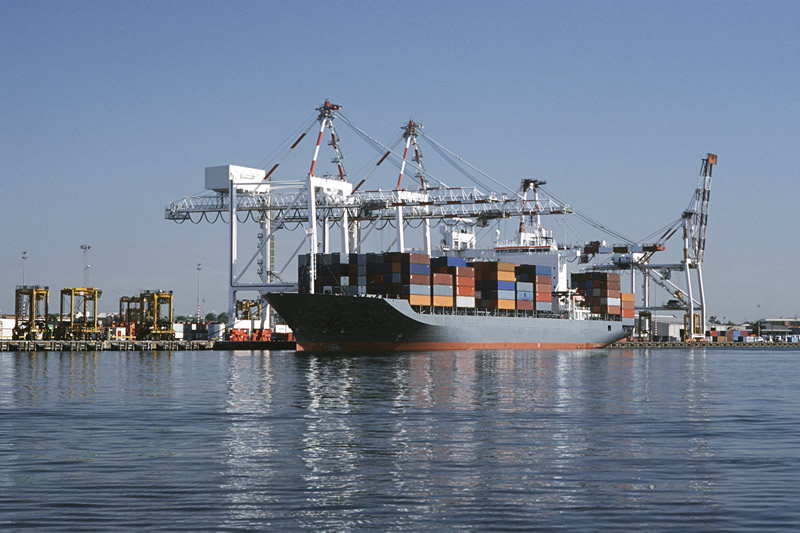EU Emissions Trading System (ETS) Becomes Effective January 1st 2024
18
The EU Emissions Trading System (EU ETS) stands as a cornerstone of the European Union's strategy to combat climate change, serving as a pivotal tool to cost-effectively reduce greenhouse gas emissions. It was initially introduced in 2005 and is the world's largest carbon market, representing a significant global initiative to address climate change by reducing emissions through a cap-and-trade mechanism.

A recent expansion of the EU ETS occurred with the enactment of new legislation on June 5, 2023, extending its reach to the maritime transport sector, which was previously excluded. These new rules, set to come into effect on January 1, 2024, will have a substantial impact on the European shipping industry.
The EU Emissions Trading System (ETS) was originally established in 2005 as a market-driven approach to combat greenhouse gas emissions within the European Union. While it initially focused on energy-intensive sectors such as power generation and manufacturing, recent developments have incorporated shipping into the EU ETS. Key features of the EU Emissions Trading System:
• Imposes financial responsibility on polluters for their greenhouse gas emissions.
• Facilitates the reduction of emissions and generates revenue to support the EU's transition to a more environmentally friendly economy.
• Operates across all EU member states, as well as Iceland, Liechtenstein, and Norway (EEA-EFTA states).
• Encompasses emissions from approximately 10,000 facilities in the energy and manufacturing sectors, as well as aircraft operators within and departing from the EU, Switzerland, and the United Kingdom, amounting to around 40% of the EU's emissions.
• Will extend its coverage to emissions from maritime transport starting in 2024.
Through the EU ETS, the European Union has created a market-based mechanism that assigns a price to CO2 emissions, creating incentives for emissions reduction in the most cost-effective manner. The primary aim is to progressively decrease emissions in power generation and energy-intensive industries, such as iron production, aluminium manufacturing, cement production, glass manufacturing, cardboard production, and chemical industries. This system has contributed to reducing emissions from these sectors by approximately 35% between 2005 and 2021.
In December 2022, political negotiators reached a provisional agreement to extend the EU ETS to include the shipping industry. This agreement was subsequently ratified and published in the Official Journal of the European Union on May 16, 2023, officially bringing shipping activities within the scope of the ETS. As of 2024, ship operators will be obligated to monitor, report, and surrender allowances for each ton of CO2e they emit.
The UK Emission Trading Scheme (ETS) operates as a cap-and-trade system, restricting the overall level of greenhouse gas emissions. It establishes a carbon market with a price signal to encourage decarbonisation efforts. The UK ETS came into effect on January 1, 2021, replacing the UK's participation in the EU ETS, which was originally established in 2005.
#protea #emissions #monitoring #cems #ftir #gas #analysers #shipping #marine
Other Articles
The EU Emissions Trading System ETS In A Nutshell
02
Rising Carbon Costs Drive The Need For Accurate Emissions Management In European Shipping
26
Carbon Capture Utilisation & Storage (CCUS) In 2026
16
Global Underground CO2 Storage Data Offers Hope Amid Rising Emissions
01
IMO Postpones Adoption Of Global Net-Zero Shipping Framework
04
Pioneering Carbon Capture Projects Ready For Construction
03
Methanol & Ammonia Deemed Ready As Zero-Emission Shipping Fuels
01
Carbon Capture Storage Reaching A Turning Point In Decarbonisation
13
CCS To Capture 15% Of Shipboard Carbon Emissions By 2050
29
Global Shipping Industry Struggles To Navigate Net Zero Transition
21